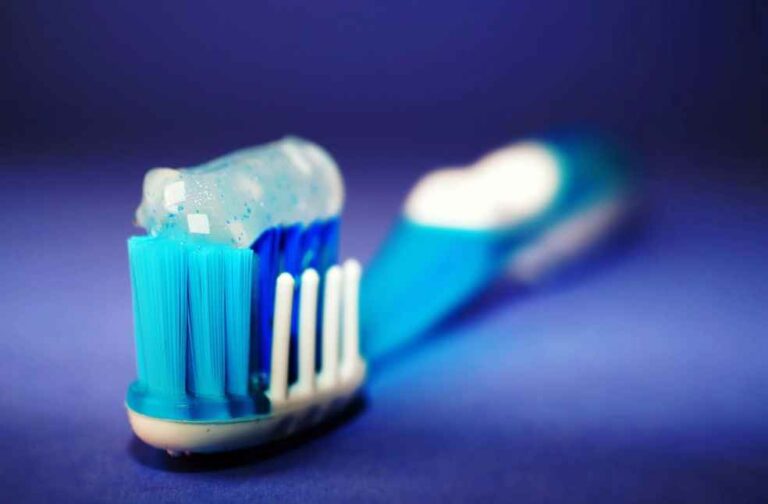Colorectal cancer is a type of cancer that develops in the colon, a part of the large intestine. A recent study published in the journal Nature revealed a link between specific types of bacteria and colon cancer.
According to the researchers, patients with colorectal tumours containing high levels of a bacterium called Fusobacterium nucleatum tend to have poorer clinical outcomes. This bacterium is also associated with several other health conditions, including Inflammatory Bowel Disease, appendicitis, certain respiratory infections, rheumatoid arthritis, and even cerebral aneurysms.

The findings of this study highlight the need for further research to better understand the link between bacteria and colon cancer. Microbiomes in the mouth often contain this bacterium, but in the lower intestines, it is rare.
The researchers said that, “Fusobacterium nucleatum (Fn), a bacterium present in the human oral cavity and rarely found in the lower gastrointestinal tract of healthy individuals1, is enriched in human colorectal cancer (CRC) tumours.”
“Through large-scale culturing, sequencing and comparative genomic analyses of human CRC and non-cancer oral Fn strains, we revealed the distinct CRC-enriched genetic factors of Fn. Further, we identified that these CRC-enriched factors were predominantly present within a specific clade of Fna. This was mirrored by our discovery that Fna is bifurcated into two distinct clades; Fna C1, which is largely restricted to the oral cavity, and Fna C2, which dominates the human CRC tumour niche,” they added.

Previous analysis proposes that oral bacteria can travel to tumours in the colon through the bloodstream during brief episodes of bacteremia induced by activities such as dental processes or day-to-day hygiene routines.
Regularly brushing your teeth is essential for good oral hygiene, fresh breath, and overall health. It helps prevent tooth decay, gum disease, and the accumulation of plaque and tartar. Brushing your tongue also helps to remove bacteria and debris that cause bad breath.
It has been found that poor oral health and gum disease can increase the risk of cardiovascular problems such as heart disease and stroke. People with diabetes are more susceptible to gum disease, which can harm blood sugar control.

Proper oral hygiene, such as regular brushing of teeth, can help manage gum disease and improve overall health outcomes for individuals with diabetes. Good oral hygiene also contributes to self-esteem and confidence in social interactions, including fresh breath and a healthy smile. Neglecting oral hygiene can lead to toothaches, gum pain, and other dental problems that can cause significant discomfort and affect daily activities.

Maintaining proper oral hygiene through preventative dental care can help you avoid costly treatments for dental problems. Dentists recommend brushing your teeth at least twice a day using fluoride toothpaste. This helps remove food particles and plaque, which can cause damage if left unchecked.
Use a soft-bristled toothbrush and gentle, circular motions to clean all surfaces of the teeth, including the front, back, and chewing surfaces. Pay attention to the gumline and areas where plaque tends to accumulate. Regular dental check-ups can also help detect any dental problems early on, allowing for easier and less expensive treatment options.



